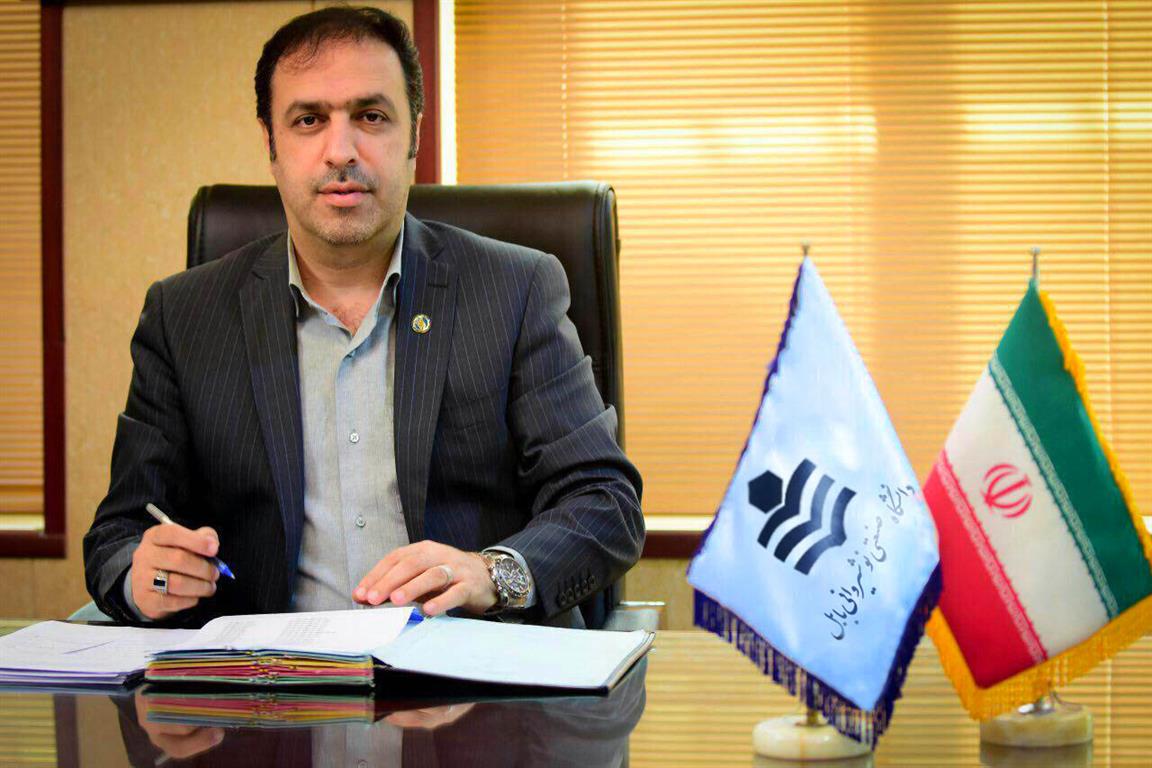Message from the Head of NRI

Richard Feynman was the first scientist to suggest that devices and materials could someday be fabricated to atomic specifications: "The principles of physics, as far as I can see, do not speak against the possibility of maneuvering things atom by atom." Later the term Nanotechnology was coined. Today Nanotechnology is reshaping technology.
Nanotechnology is not only a part of future, but is all of it. Mankind history has always experienced waves of growth and development which affect societies, chances developed by mankind and employed to enhance the life quality and create wealth. Nanotechnology is one of these waves emerged to make a superior future.
Nanotechnology is a group of emerging technologies in which the structure of matter is controlled at the nanometer scale, the scale of small numbers of atoms, to produce novel materials and devices that have useful and unique properties. Some of these technologies impose only limited control of structure at the nanometer scale, but they are already in use, producing useful products. They are also being further developed to produce even more sophisticated products in which the structure of matter is more precisely controlled. The Foresight Nanotechnology Challenges focus on applying these developing technologies to solving important world problems. Foresight has had a long-standing interest in the capabilities that wait at the other end of this development process, when advanced Nanotechnology will enable construction of complex systems in which each individual atom is specified and serves a designed function in the system. However, Nanobiotechnology is the branch of Nanotechnology with biological and biochemical applications or uses and is application of Nanotechnology in life science in general. Nanobiotechnology often studies existing elements of nature in order to fabricate new devices. Nanobiotechnology is that branch of one, which deals with the study and application of biological and biochemical activities from elements of nature to fabricate new devices like biosensors. It is application of nano-scaled tools to biological system and the use of biological systems as templates in the development of novel nanoscaled products.
The term Bionanotechnology is often used interchangeably with Nanobiotechnology, though a distinction is sometimes drawn between the two. If the two are distinguished, Nanobiotechnology usually refers to the use of Nanotechnology to further the goals of Biotechnology, while Bionanotechnology might refer to any overlap between biology and Nanotechnology, including the use of biomolecules as part of or as an inspiration for Nanotechnological devices and is more based on Biotechnology. In conclusion, Nanobiotechnology is often used to describe the overlapping multidisciplinary activities associated with photonics, chemistry, biology, biophysics nanomedicine and engineering converge. Application scope of Nanoniotechnology are usually divided into six general sections namely; Food and Agricultural, Water, Energy and Environment, Medicine, Phamacology, Biology and Neural Science.
Nanotechnology Research Institute (NRI) was funded and established in Babol University of Technology in 2006 in its early stage. Subsequently based on extensive research and scientific activities, NRI has been promoted as the only Nanotechnology research center in the North of Iran and one of the most important Nanotechnology Research Institute in Iran. This research institute intends to use the practical potential of nanostructure materials in different industries such as Green Energy and Environmental, Renewable Energy and Petrochemical, Biochemical, Medical and Pharmaceutical and etc.
Many Iranian and foreign researchers are working and collaborating with this research institute. This research center enjoy cooperation with different universities and research centers such as Lund university (Sweden), The University of Birmingham (UK), University of Curtin (Australia), a number of Universities in Malaysia (UMP, UM, UTM,…) University of Tarbiat Modarres, University of Tehran, Ferdowsi University of Mashhad, University of Medical Science of Mazandaran, Mazandaran university, Kashan University, the National Research Center for Genetic Engineering and Biotechnology, Royan Research Center etc. Professors, researchers and postgraduate students from academy to industry throughout the world are welcome to contribute and collaborate with this research center in different aspects of Nanotechnology.
Sincerely yours:
Mohsen Jahanshahi (PhD, Birmingham, UK)
Professor
Head of Nanotechnology Research Institute (NRI)